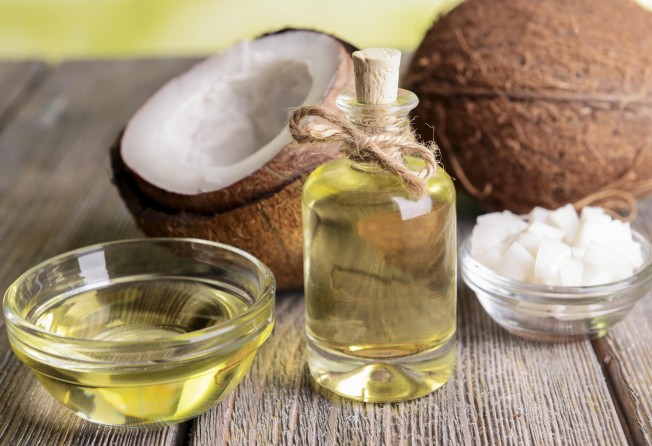Is coconut oil good for you?

Are all coconut oils good for you?
The straight answer: No
The facts: coconut oil has been in the news a lot lately. No longer just for hipsters, it has been touted as the next big thing in healthy cooking, and is finding its way into supermarkets, recipe books and home kitchens.
One of coconut oil's winning qualities is its versatility. It is ideal for use in smoothies, salad dressings and desserts; it can be used to sauté, roast, pan-fry and deep-fry foods, as it is stable and can withstand very high temperatures, unlike some other oils, which oxidise at high heat.
Let's not forget its many health benefits, too. According to Susie Rucker, a nutritional therapist at Body With Soul in Singapore, coconut oil has fat-burning or ketogenic properties.
"It is composed of medium-chain fatty acids such as lauric and capric acids, which generate fat burning in the body, so it's good as a weight control aid," she says.
"In addition, it has been shown to minimise the risk of heart disease, as it helps increase the levels of good cholesterol. Coconut oil is a saturated fat, but the body does need small amounts of saturated fat in order to function optimally," she adds.
Not all coconut oil is created equal, however, and you can go wrong when buying coconut oil or foods that have been prepared or cooked with it.
"The quality is important," says Rucker. "The best and healthiest coconut oil is cold- or first-pressed organic and unrefined, or 'virgin'.
"So you look for a premium-grade coconut oil that has not been overly processed - that is, hydrogenated, deodorised or bleached. When coconut oil is processed, chemicals are usually added to it, and it loses its nutritional benefits, and it can also become inflammatory to the body.
"Refined coconut oil is derived from copra, or dried coconut meat, which typically undergoes a few stages of processing. The unrefined stuff, on the other hand, is obtained from fresh coconut meat that has not been bleached and to which chemicals have not been added," says Rucker.
It's also important to avoid snacks and other food products that have been prepared with hydrogenated coconut oil, as they may contain trans fats, which are known to increase levels of bad cholesterol in the body.
When it comes to storing unrefined coconut oil, remember to keep it away from heat and light to preserve its nutritional integrity. Exposure to light can make the oil rancid.
"Store it in a dark glass container in the cupboard. If you don't cook with coconut oil very often, store it in the fridge, or even freeze it," Rucker says.
Coconut oil also oxidises every time you open the container, so keep track of how it looks and smells, and throw it out when it has gone "off".
"If the oil has changed colour, has sediment at the bottom, or no longer smells the way coconut oil should, it's likely gone bad and you should stop using it immediately," she says.